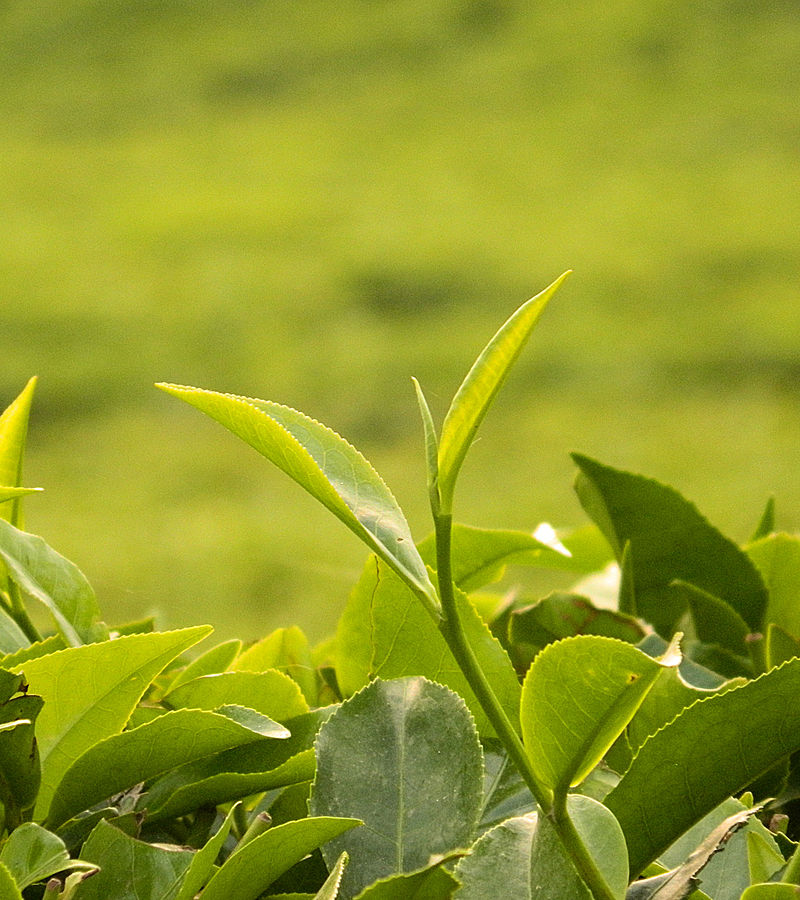
On Plants, Borders, and Belonging
by Jessica J. LeeA prize-winning memoirist and nature writer turns to the lives of plants entangled in our human world to explore belonging, displacement, identity, and the truths of our shared future
A seed slips beyond a garden wall. A tree is planted on a precarious border. A shrub is stolen from its culture and its land. What happens when these plants leave their original homes and put down roots elsewhere?
In fourteen essays, Dispersals explores the entanglements of the plant and human worlds: from species considered invasive, like giant hogweed; to those vilified but intimate, like soy; and those like kelp, on which our futures depend. Each of the plants considered in this collection are somehow perceived as being 'out of place'—weeds, samples collected through imperial science, crops introduced and transformed by our hand. Combining memoir, history, and scientific research in poetic prose, Jessica J. Lee meditates on the question of how both plants and people come to belong, why both cross borders, and how our futures are more entwined than we might imagine.
Plants are a lens through which Lee tries to understand her own identity and that of her family. Born to a Welsh father and Taiwanese mother who settled in Canada, she is attuned to the realities of migration and a sense of "otherness" wherever she goes, be that her own home, her parents' birthplaces, or the many places she moved during a peripatetic adulthood. Of herself and her sister she says, "We wear a border in our bodies." Lee weaves together personal stories—of her family's gardens, trees from her youth, and learning to grow plants as an adult—with historical events and current social issues reflected in the natural world. For example, she describes how plants have been an instrument of empire, with the example of Japan gifting cherry trees during its imperial period in the 19th and 20th centuries...continued
Full Review
 (808 words)
(808 words)
(Reviewed by Rose Rankin).
 Few plants have impacted world history as profoundly as Camellia sinensis, the tea plant. Jessica J. Lee, in her book Dispersals: On Plants, Borders, and Belonging, describes how tea is integral to both seemingly disparate halves of her family tree—her Welsh paternal grandparents and her Taiwanese maternal family all loved tea and consumed it constantly, in different permutations and customs all stemming from the same plant. Even as she struggles to re-learn Mandarin, the many words for tea spill out effortlessly when she remembers childhood teachings, so embedded is this plant in her being.
Few plants have impacted world history as profoundly as Camellia sinensis, the tea plant. Jessica J. Lee, in her book Dispersals: On Plants, Borders, and Belonging, describes how tea is integral to both seemingly disparate halves of her family tree—her Welsh paternal grandparents and her Taiwanese maternal family all loved tea and consumed it constantly, in different permutations and customs all stemming from the same plant. Even as she struggles to re-learn Mandarin, the many words for tea spill out effortlessly when she remembers childhood teachings, so embedded is this plant in her being.
Tea is indeed intertwined with both Asian and British history—central to East Asian cultures for thousands of years, its ...

If you liked Dispersals, try these:

by Hannah Stowe
Published 2025
A book to sweep you away from the shore, into a wild world of water, whale, storm, and starlight— to experience what it's like to sail for weeks at a time with life set to a new rhythm.

by Zoë Schlanger
Published 2025
Award-winning Atlantic staff writer Zoë Schlanger delivers a groundbreaking work of popular science that probes the hidden world of the plant kingdom and reveals the astonishing capabilities of the green life all around us.
A library, to modify the famous metaphor of Socrates, should be the delivery room for the birth of ideas--a place ...
Click Here to find out who said this, as well as discovering other famous literary quotes!